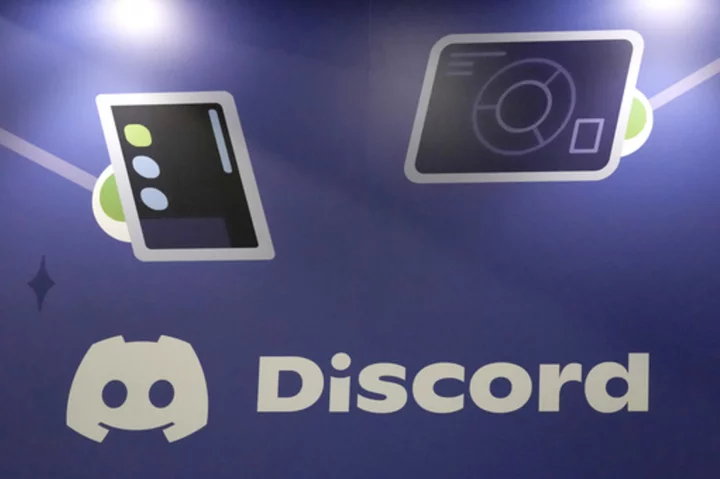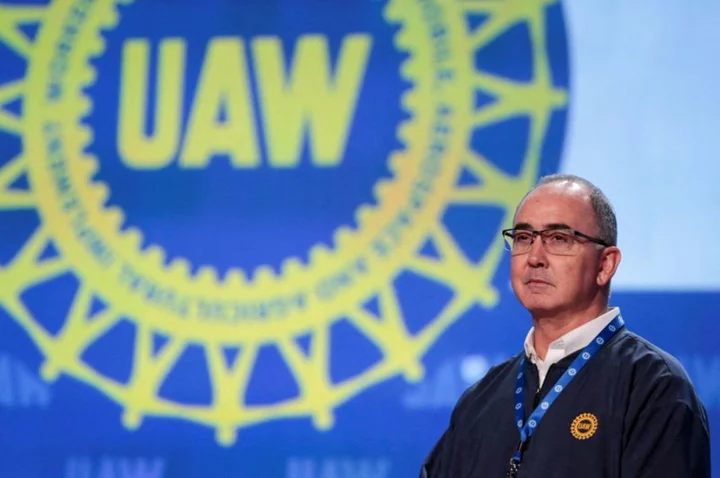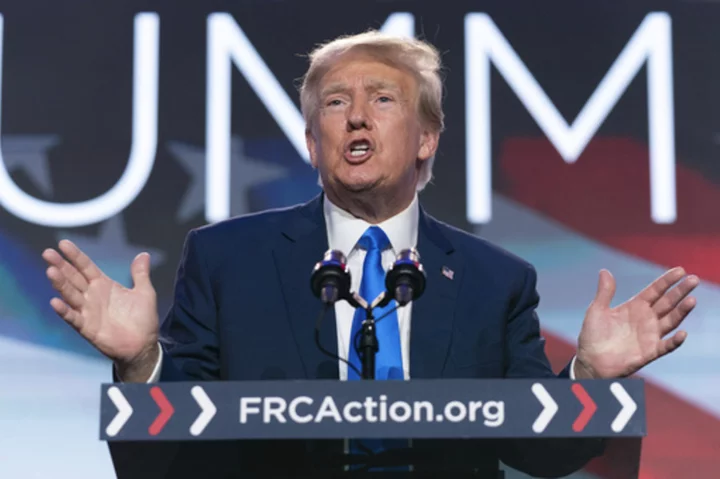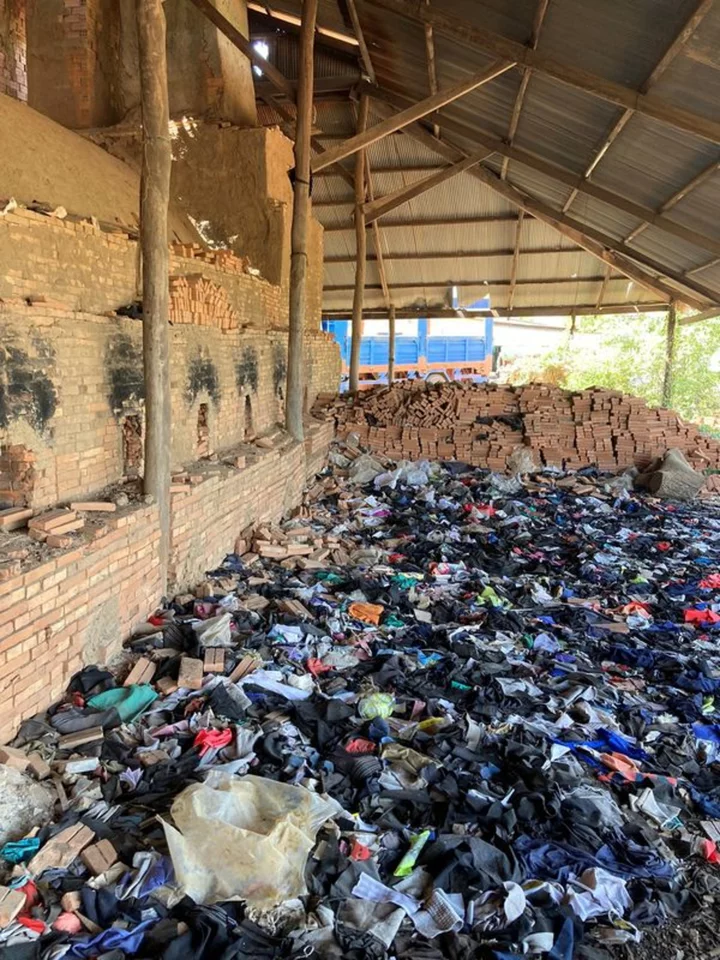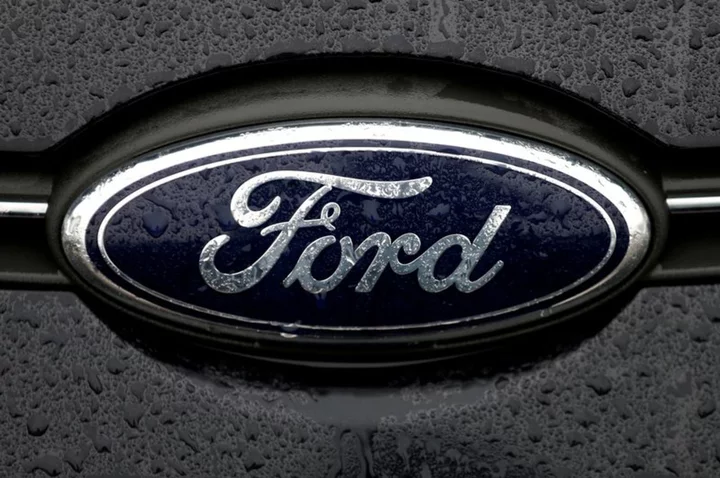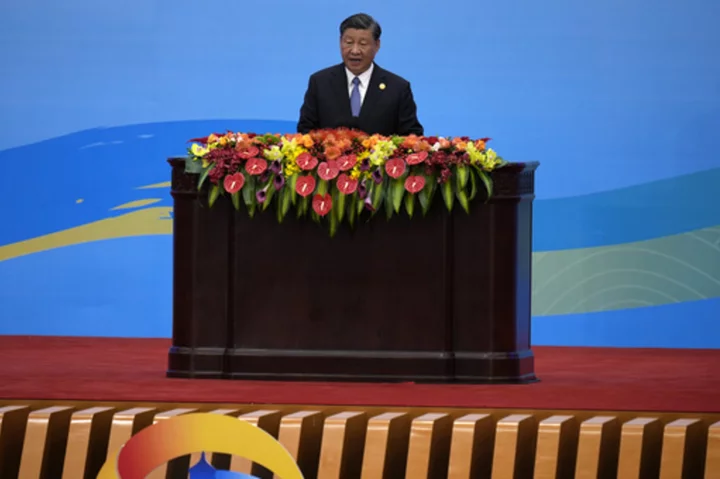SAN FRANCISCO (AP) — The social app Discord, a favorite of gamers, inadvertently stirred internal strife after announcing last week that it will force its millions of members to pick new usernames. Now the question is whether that the change will escalate into all-out warfare that could include players threatening one another in order to seize control of popular names.
The issue may sound trivial compared to real-life concerns such as mass shootings and killer storms. But it’s a big deal for people who rely on the mid-sized social network to recruit fellow gamers, swap virtual weapons and organize strategy in multiplayer games. A Reddit thread on the change drew more than 4,000 comments, the vast majority of them angry or at least unhappy.
WHAT'S THE DEAL WITH DISCORD USERNAMES?
Discord users have long been free to choose any name they wanted, even ones already in use. That was part of the company's aim to let users represent themselves freely, according to a detailed May 3 blog post by Discord co-founder and chief technology officer Stanislav Vishnevskiy. The approach differed from social platforms such as Twitter, which has always required users to select unique names.
Discord assigned each username an invisible four-digit identifier to distinguish them from duplicates. But as Discord grew, the San Francisco-based company decided to expand its messaging system — initially limited to conversations within shared groups it calls “servers" — to the entire platform. To help people to find their friends across servers, Discord made those four-digit codes a visible part of usernames. If your username was “SgtRock,” you might have suddenly found yourself with the handle “SgtRock#1842.”
That, too, seemed to work for a while. But according to Vishnevskiy's post, more than 40% of Discord users either don't remember their four-digit codes — variously known as “tags” or “discriminators” in Discord-speak — or know what they are in the first place. Almost half of all friend requests on Discord fail to reach the correct person, the executive wrote.
SO WHAT'S CHANGING?
Two changes are taking place simultaneously. In the coming weeks, Vishnevskiy wrote, Discord will start notifying users via an in-app message when they're cleared to select a new username. Server owners will get priority, followed by users based on the age of their accounts. Paid subscribers to a Discord service that lets them customize their discriminators (among other benefits) will also get “early access,” although neither Vishnevskiy's post nor Discord's user documentation offer details.
At the same time, Discord is also allowing users to pick a non-exclusive “display name” of their choosing. This will be displayed prominently on user profiles, but unlike the username, it won't be used for messaging.
All of this will “roll out slowly over the course of several months," per the Discord announcements.
WHY DOES THIS MATTER?
Some gamers take their usernames extremely seriously, viewing them as unique and personal extensions of their identity, not to mention pillars of their online reputations. Many also don't appreciate changes being thrust upon them. In the Reddit thread, complaints range from “don't fix what isn't broken” to accusations that the changes are mostly designed to attract new and often younger users who might be put off by the complexity of the existing system.
That might not be far from the truth, experts suggest. Social platforms tend to be heavily used by a small group and very lightly used by a much larger group, said Drew Margolin, a Cornell University professor of communications. In a commercial sense, he said, “there's this tension between what would be appealing to a larger market and what are the main users.”
Margolin suggests that network effects — that is, the fact that users and their friends are already on Discord, making it difficult to leave — will most likely outweigh the current outrage, whose impact is difficult to assess. But there's still a potential for serious blowback, as some gamers have been known to go to extreme lengths to obtain coveted usernames.
WHAT ARE THE POSSIBLE CONSEQUENCES?
Gamers warn that the move could create a black market in desirable names or even spark dangerous threats to force their surrender. Such threats can range from online harassment campaigns to “swatting” — the highly dangerous practice of making fake crime reports to police in order to provoke an armed law enforcement response at an opponent's home.
Swatting can lead to injuries and deaths — sometimes of people unconnected to whatever online feud provoked the action. In 2017, an innocent man was fatally shot by Wichita police responding to a hoax call reporting a kidnapping and shooting. The call was make by a California man named Tyler Barriss, who authorities said was recruited by another gamer to make the call. But the address Barriss used was old, leading police to to a person who wasn't involved in the video game or the dispute.
Barriss pled guilty to making multiple false emergency calls across the U.S. and in 2019 was sentenced to 20 years in prison.

